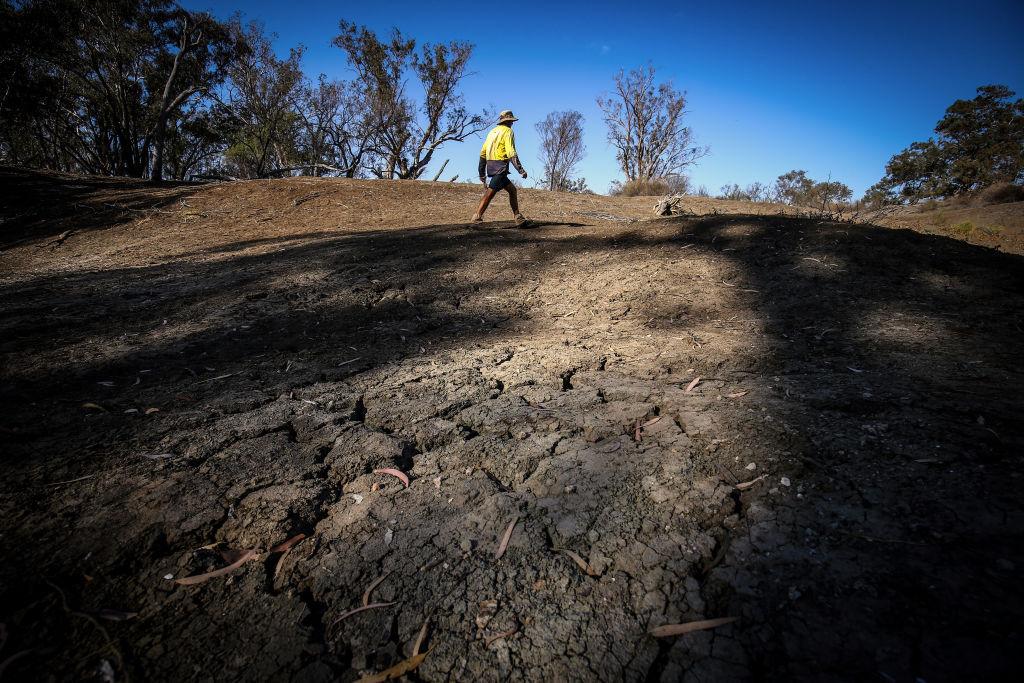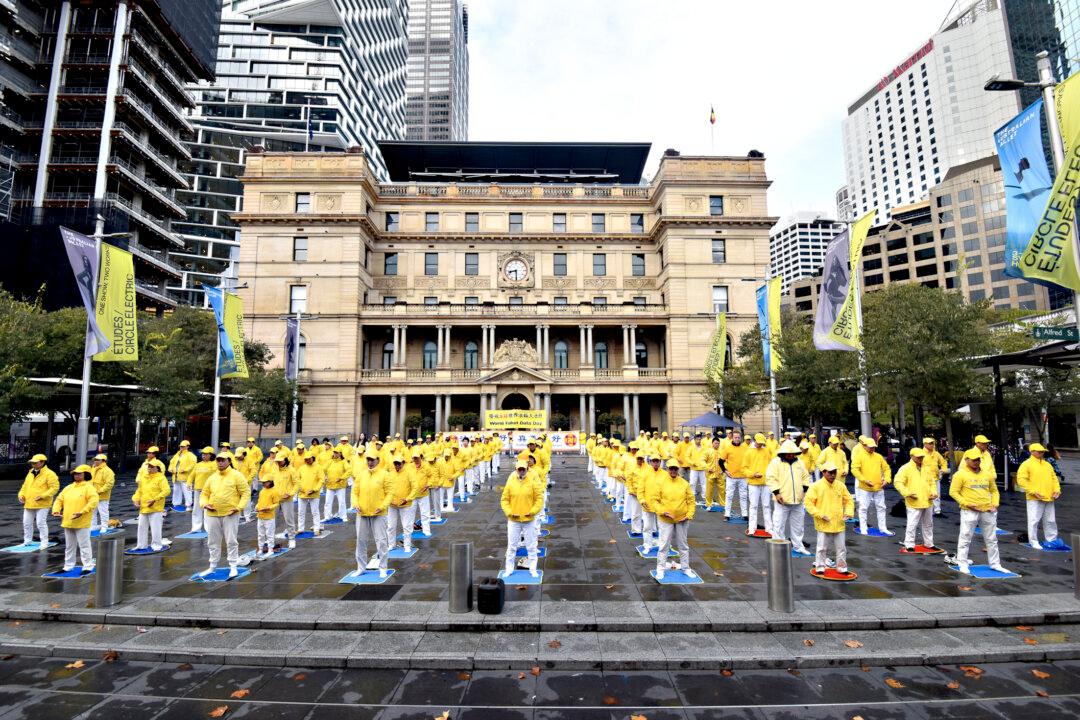Concerns about China’s investments in Australia’s water interests have been re-sparked by recent ABC coverage, highlighting inadequate government scrutiny over foreign investment in precious resources.
On May 6, ABC’s 730 program revealed that state-owned Chinese enterprises now own water entitlements in Australia. One of them is Unibale, an Australian subsidiary of state-owned COFCO Group (China Oil and Foodstuffs Corporation), China’s largest food processor, manufacturer, and trader.





